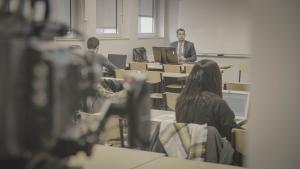International
The coLAB project
International
-
-
-
- Université européenne


